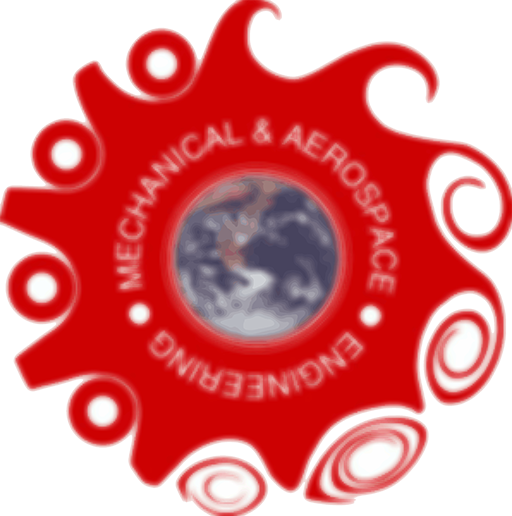This course, co-meeting with MSE 4071 and ChemE 5730, will fulfill the M.E. Senior Design Requirement. Limited to M.E. Seniors. C0-taught by Callister, Feitelberg, and Murtagh. Meets MW 7:30-8:45pm
M.E. students may not count both MAE 4351 and MAE 4340/MAE 4341, Innovative Product Design via Digital Mfg towards fulfilling B.S. graduation requirements in Mechanical Engineering.
This course emphasizes entrepreneurial driven technology designs (forward engineering) by integrating mechanical, chemical, and materials engineering through the understanding of early stage product development complexities. These complexities include staging invention and innovation via the critical selection of materials, assessing product mechanics and processes for final product function, performance, reliability, cost and technical marketability.
Students will attend lectures, participate in establishing a Tech Startup integrated into the Johnson School MBA mentoring program, attend startup design reviews, give a series of individual/group presentations, and write a startup issue paper.

